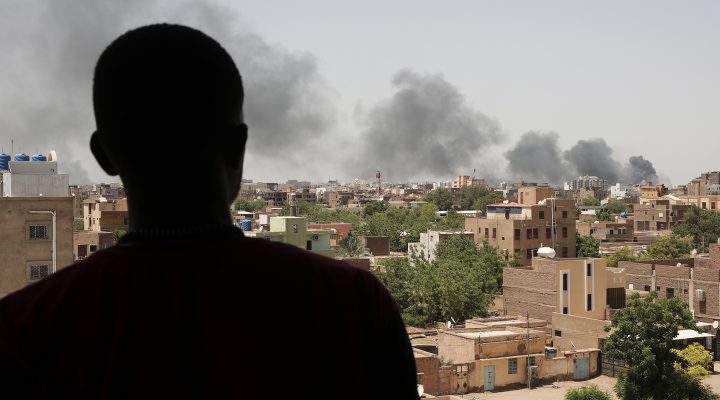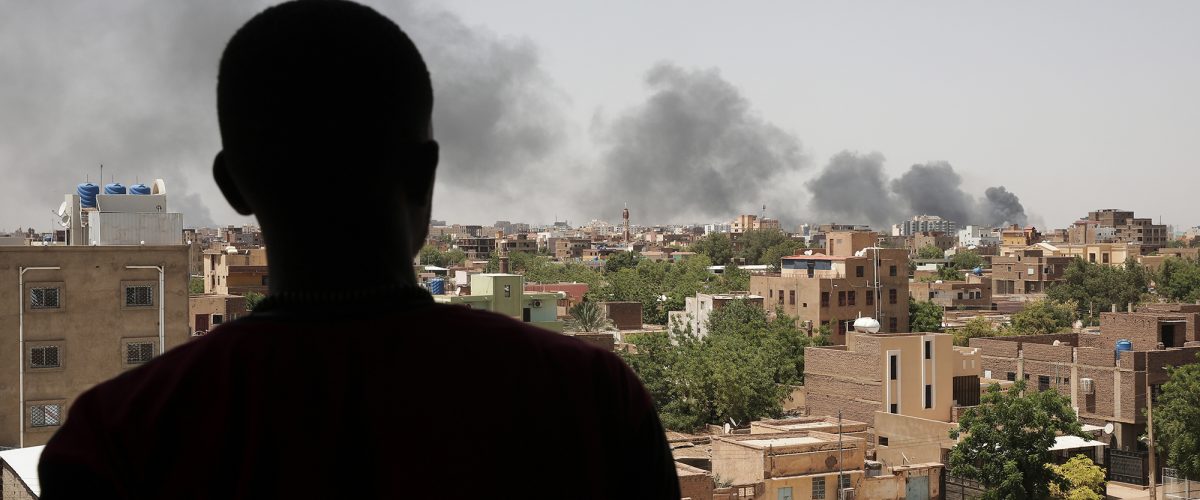More than 400 people have been killed and 3,500 injured after fighting broke out between Sudanese armed forces and a paramilitary unit in Khartoum and other parts of the northeastern African country.
The violence has claimed the lives of three staff of the World Food Program.
Apart from thousands of Sudanese people now displaced and looking for an exit route from the country, other countries have begun evacuating their citizens out of Sudan. Among them are the United States, which rescued its diplomatic staff and temporarily halted its embassy work, as well as South Korea, the UK, France, Saudi Arabia and others.
Across Sudan, chaos is the order of the day. Gunfire and billows of smoke are now common sound and sight. The calls for an initial ceasefire from the United Nations were breached. Calls to observe Eid-al-Fitr, marking the end of the Muslim month of fasting, also were violated as rival forces continued to clash.
Images of dead or wounded people, bombed buildings and airplanes amidst shortage of food and other essential items are currently the hallmarks of the world’s latest conflict.
Amid the chaos, the Sudan Doctor’s Union reported the casualty figure given by the World Health Organization could be higher as the fighting made it difficult to retrieve bodies from the streets. There’s already fear of a humanitarian crisis as water and other essential items are beginning to be scarce. And there are concerns about sexual abuse.
The casualty figure given by the World Health Organization could be higher as the fighting made it difficult to retrieve bodies from the streets.
The conflict was caused by a power struggle between Abdel Fattah al-Burhan, the leader of the Sudanese Armed Forces (known as SAF) and General Mohamed Hamdan Dagolo of the Rapid Support Forces (known as RSF), a paramilitary unit. Both men — considered allies in Sudan’s recent turbulent past that saw longstanding leader Omar al-Bashir ousted in 2019 — were locked in a supremacy struggle that suddenly turned bloody.
Apart from his role as military chief, al-Burhan serves as head of the country’s transitional council that was to lead to a power sharing arrangement and democratization of power. That didn’t happen.
It was a tragedy few foresaw. While negotiations for a power-sharing arrangement had been under way between the army and RSF since the exit of al-Bashir, few could have imagined Africa could suddenly find itself enmeshed in another war at a time when efforts are geared by stakeholders toward ending conflicts in countries like Democratic Republic of Congo, South Sudan and Ethiopia.
Alarmed by the turn of events, the continental body African Union and the United Nations waded in and tried to stop the fighting from escalating. They urged the warring groups to cease fighting and embrace peace. Antony Blinken, U.S. secretary of state, also urged peace.
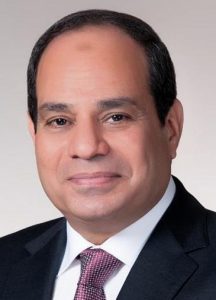
Abdel Fattah El-Sisi
Speaking on the Sudanese situation, Egyptian President Abdel Fattah El-Sisi said Egypt is prepared to help restore peace to its troubled neighboring country. Prior to El-Sisi’s comment, there were reports that Egyptian military forces sided with Sudan’s army and that some of its soldiers were arrested by the RSF as fighting broke out in Khartoum. But El-Sisi, in a report published by Egypt Today, denied Egypt had taken sides with any of the parties and added its soldiers were only in Sudan to conduct military exercises.
“Egypt never interferes in the affairs of states because interference is not in the interest of (foreign) relations,” the president said, adding, “We are ready to mediate between the warring parties in Sudan to prevent bloodshed. We are intensifying our contacts with our brothers in Sudan to reach a ceasefire (and) working to negotiate to reach a solution to this crisis as soon as possible (to prevent) bloodshed.”
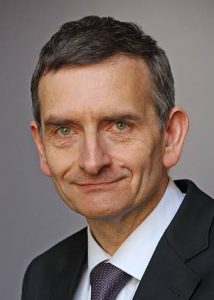
Volker Perthes
Volker Perthes, U.N. special representative of the secretary-general for Sudan and head of the U.N. Integrated Transition Assistance Mission, expressed disappointment the initial call for a cessation of hostilities on humanitarian terms — which both the SAF and the RSF agreed to — was not followed.
He urged both parties to abide by known rules regarding conflict and pledged to continue to champion peace in his engagement with the Sudanese people, regional and international partners.
Less than a month ago, at a security council briefing, Perthes gave the world the impression Sudan was about to navigate through a peaceful transition of power.
In March, he said: “When I last briefed you on eight of December, the Sudanese military and a broad range of civilian actors had just signed a political framework agreement. This was a watershed moment and ushered into a new phase of the political process which aims to lead to a new transitional period. Today, we are the closest we have been to a solution, although challenges remain.”
Perthes did note there had been “rising tensions between the Sudanese army and the Rapid Support Forces in recent weeks” which led to him appealing to “both sides for urgent de-escalation.”
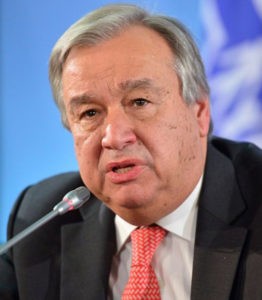
António Guterres (Photo: United Nations Mission for the Referendum in Western Sahara)
Antonio Guteress, U.N. secretary-general, minced no words in condemning the violence: “I strongly condemn the outbreak of fighting that is taking place in Sudan. … I condemn the deaths and injuries to civilians and humanitarian workers and the targeting and looting of premises … and appeal to the leaders of the Sudanese Armed Forces and the Rapid Support Forces to immediately cease hostilities, restore calm and begin a dialogue to resolve the crisis.”
He added: “The humanitarian situation in Sudan was already precarious and is now catastrophic.”
Emamsy Mbossa, a graduate of the negotiation and conflict resolution program at Columbia University, believes resolving the crisis in the country of 45 million people will require dialogue. He blames the situation on a power game between two men who need to be handled with care to avoid the crisis spiraling out of control and beyond the borders.
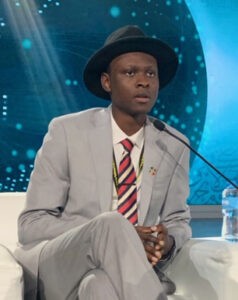
Emamsy Mbossa
Both men, he said, are fearful of losing power as Sudan moves toward a democratically elected government by the end of 2023.
“It is true that the ongoing conflict in Sudan could escalate and have broader consequences, destabilizing the entire region and jeopardizing Sudan’s relationships with its neighbors,” Mbossa said. “Chad has already closed its border with Sudan, and there have been reports of violence in Khartoum and the capture of Egyptian soldiers in northern Sudan. The neighboring country of Ethiopia is also dealing with its own internal conflict in the Tigray region, and the spread of unrest in Sudan could further complicate efforts to maintain peace in the region.”
The stability of the region, he reiterated, “is at risk,” and therefore “it is crucial to find a resolution to the conflict that ensures lasting peace and stability for Sudan and its neighbors as soon as possible.”
Anthony Akaeze is a Nigerian-born freelance journalist who lives in Houston. He covers Africa for BNG.
Related articles:
Sick of war, church leaders in South Sudan recommit to finding peace
Pope Francis arrives in Africa on a two-nation tour seeking peace amid decades of conflict

